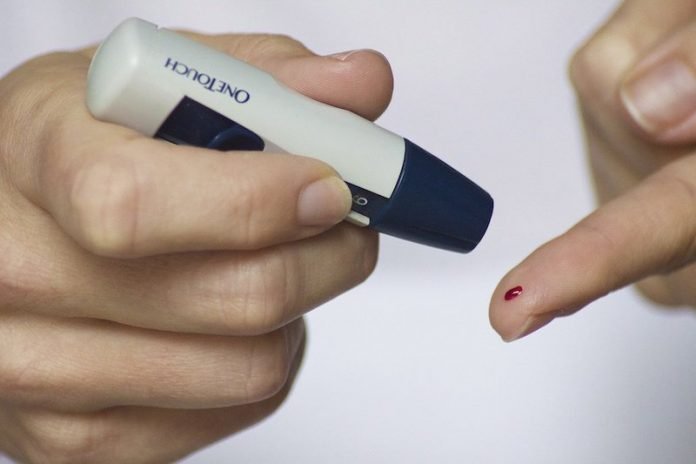
In a new study from Pennington Biomedical Research Center, researchers found that in patients with type 2 diabetes, big swings in blood sugar levels between doctors’ visits are linked to an increased risk of heart disease.
The findings suggest that wide swings in blood sugar levels may be a better predictor of diabetic complications than the A1c reading at any single doctor’s office visit.
They looked at more than 29,000 patients with type 2 diabetes over a two-year period.
The American Diabetes Association recommends adults with diabetes maintain an A1c, the average blood sugar level over the past two to three months, of less than 7% to reduce complications from diabetes, such as heart disease.
Previous research has shown that wide variations in blood sugar levels are associated with poor health outcomes and even death.
A 2017 Johns Hopkins study found that one-third of people with diabetes hospitalized for a severe low blood sugar episode died within three years of the incident.
The researchers say that the underlying mechanism for the link between wide variations in blood sugar levels between doctor’s appointments and the high risk of heart disease in patients with type 2 diabetes is unclear.
But it’s possible that episodes of severely low blood sugar may be the connection.
They recommend that patients and their doctors implement therapies that can reduce wide swings in blood sugar levels and the associated episodes of severe low blood sugar.
The findings suggest that measuring the swings in blood hemoglobin A1c levels over a specific time—six months to a year, for example—could serve as a supplemental blood sugar target.
If you care about diabetes, please read studies about how this popular drink may help lower blood sugar, control diabetes and findings of new way to fight against diabetes: Vitamin D.
For more information about diabetes prevention and treatment, please see recent studies about a common cause of high blood pressure, heart disease, diabetes and results showing that obesity, diabetes, and heart disease may spread from person to person.
The study is published in the journal Diabetes, Obesity & Metabolism. One author of the study is Gang Hu, MD, Ph.D.
Copyright © 2021 Knowridge Science Report. All rights reserved.



